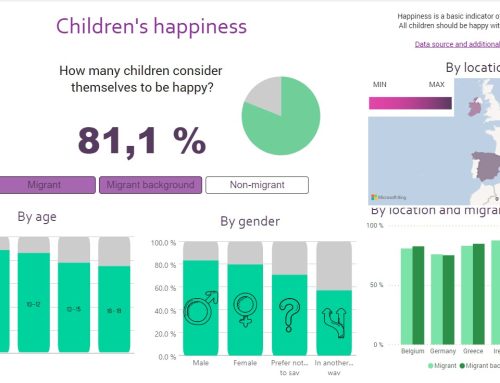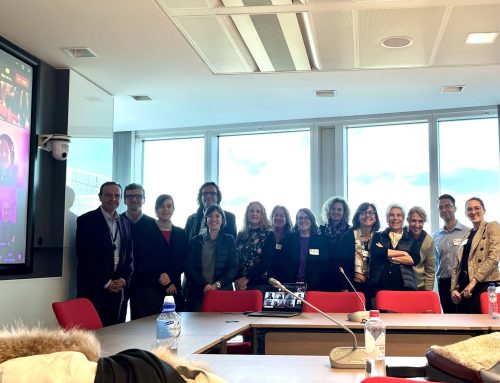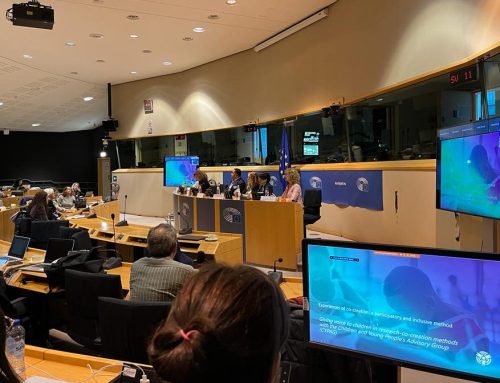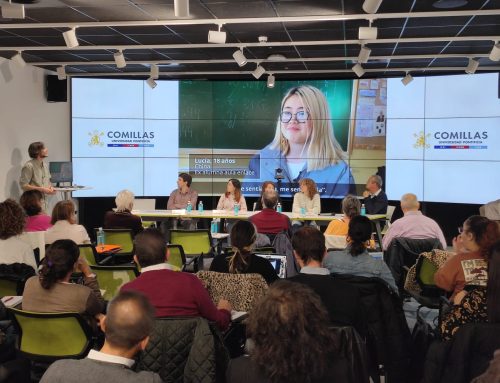
After long delays due to Covid-19, IMMERSE has entered an exciting new phase of the project – large-scale primary data collection. This phase will be carried out for 24 months and will lead to a generation and collection of data on refugee and migrant children that will be analysed to help to define a set of guidelines of recommendations to the educational sector and policymakers in a later stage of the project.
Since the completion of the Dashboard of indicators in February 2020, the IMMERSE research and IT partners have been developing the questionnaires and online data collection system through which we are gathering data from thousands of children in our six partner countries (Spain, Ireland, Belgium, Italy, Germany and Greece). In April and May of 2021, four of the research partners were able to conduct pilot tests of the questionnaires and online system with schools through in-person and virtual site visits. Our research partners in Greece and Italy were the first in the field in June 2021 for the main phase of the data collection. With the return of children to classrooms in September 2021, the research team in Ireland started their site visits, and the remaining research partners will begin in October 2021. This phase of primary data collection is expected to run for most of the 2021/22 academic year.
The data from the IMMERSE questionnaires will be at the heart of the IMMERSE project’s final outputs. The research teams used the qualitative work from the first year of the project and the Dashboard as the foundation for the questionnaires, designing them to capture data on the 30 key indicators of socio-educational integration. The most important data will be gathered from children, for which there are two questionnaires: one for 7-9 year olds and one for 10-18 year olds. IMMERSE is also collecting data from the parents of these children, their teachers, and the principals of the participating schools. The questionnaires are available in online and pen-and-paper versions and can be answered in 11 different languages.
The data from these questionnaires will be carefully analysed to form the basis for the final reports and policy recommendations from IMMERSE. The Children’s Research Advisory group for the project will shortly receive capacity building in the form of data analysis training to support this process.





